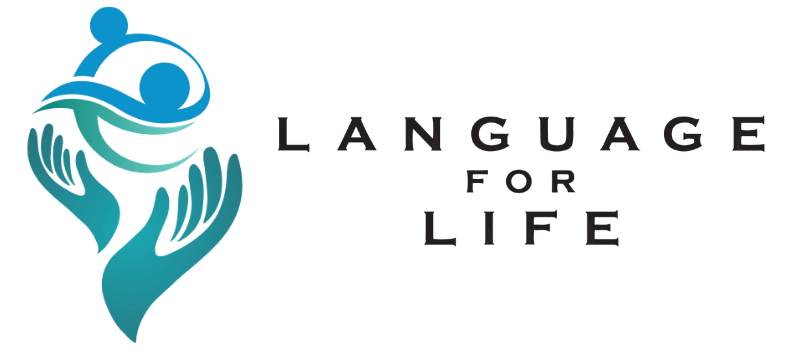Occupational Therapy focuses on promoting health and wellbeing by enabling one to participate in everyday tasks of life, such as self-care activities including dressing, showering, and preparing food. Occupational Therapists help with barriers that affect a child’s emotional, social and physical needs by using activities, exercises, and other therapies. Our Occupational Therapists can assist children and adolescents to:
- Develop fine motor skills so they can grasp and release toys and develop good handwriting or computer skills
- Improve eye-hand coordination so they can play and participate in school skills such as copying from a blackboard
- Master basic life skills such as bathing, getting dressed, brushing teeth, and self-feeding
- Learn positive behaviors and social skills by practicing to manage frustration and anger
- Obtain special equipment to help build their independence which can include wheelchairs, splints, bathing equipment, dressing devices, and communication aids.
Occupational Therapy Treatments
Fine motor skills including prewriting and handwriting
Fine motor skills refer to the coordination between your child’s small muscles, like those in their hands, wrists, and fingers in coordination with their eyes. Fine motor skills involve the small muscles of the body that enable such functions as writing, grasping small objects, and fastening clothing.
Pre-writing skills are the fundamental fine motor skills that children need to develop before they begin to write. Pre-writing skills help your child build finger strength, eye-hand coordination, wrist movement, and grip strength.
Gross motor skills
Gross motor (physical) skills are those which require whole-body movement and which involve the large (core stabilizing) muscles of the body to perform everyday functions, such as standing and walking, running and jumping, and sitting upright at the table.
Play skills
Play skills are determined by the ability to plan and sequence play activities (including new activities), problem solve challenges, and generalize skills from one activity/toy to another.
Sensory processing
It is the way the brain receives, organizes, and responds to sensory input in order to behave in a meaningful & consistent manner.
Self-care & Independence skills.
Self-care skills are the everyday tasks undertaken so children are ready to participate in life activities (including dressing, eating, and cleaning teeth). They are often referred to as the activities of daily living (ADL’s). While these are typically supported by adults in young children, it is expected that children develop independence in these as they mature. Independent skills is about being able to manage yourself taking initiative when required, knowing what needs to be done and doing it without a constant need to be reminded and taking ownership when things go wrong.
For more information about what Occupational Therapists do – visit: otaus.com.au
